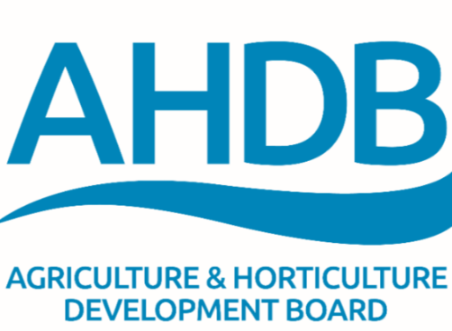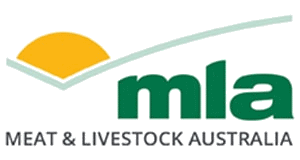Warwickshire Abattoir Under Investigation
Warwickshire Abattoir Under Investigation Following Allegations of Animal Welfare Violations
Authorities are investigating serious allegations raised in a recent media article regarding an abattoir in Warwickshire. The claims have prompted a thorough investigation by local law enforcement and relevant agencies.
Detective Chief Inspector David Andrews stated, “Following our visit on Monday 3 March, we are working with partners including the Home Office and Food Standards Agency to take appropriate action regarding the issues identified. Since our visit, and in light of the footage shared by the Independent, which we believe was filmed in July 2024, we can confirm that we have recorded a suspected offence of unnecessary suffering to a protected animal under animal welfare legislation.”
DCI Andrews emphasised that while the investigation into animal welfare is underway, further details cannot be disclosed to avoid jeopardising any future proceedings.
Inspector Andi Gibbons from the North Warwickshire Safer Neighbourhood Team (SNT) reassured the community, stating, “Our safer neighbourhood officers will continue to engage with the community and we wish to reassure you that these matters are being dealt with. If you do have concerns, please reach out to our team.”
Residents can find their local SNT, their priorities, and contact information by typing their postcode into the interactive map on the Warwickshire Police website. Additionally, regular updates about local policing can be received by signing up to the Warwickshire Connected community messaging service.

